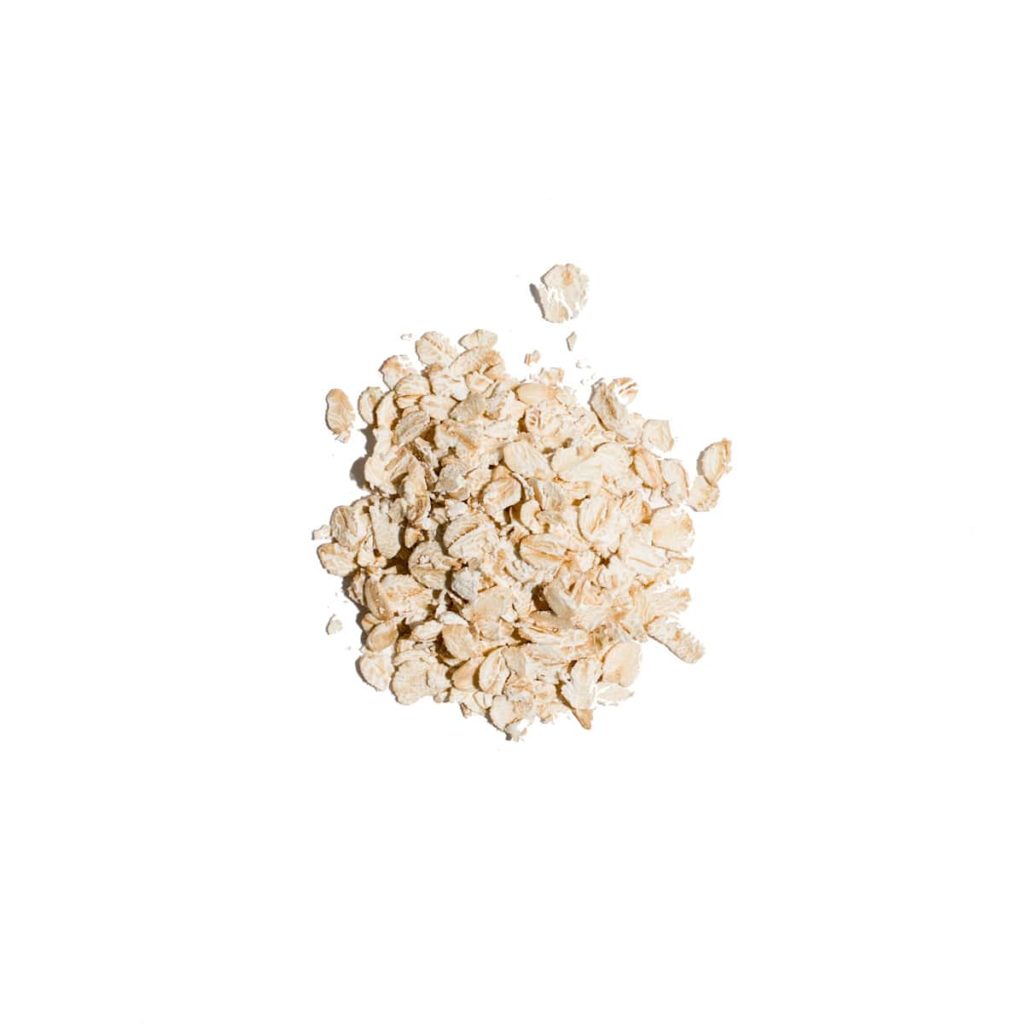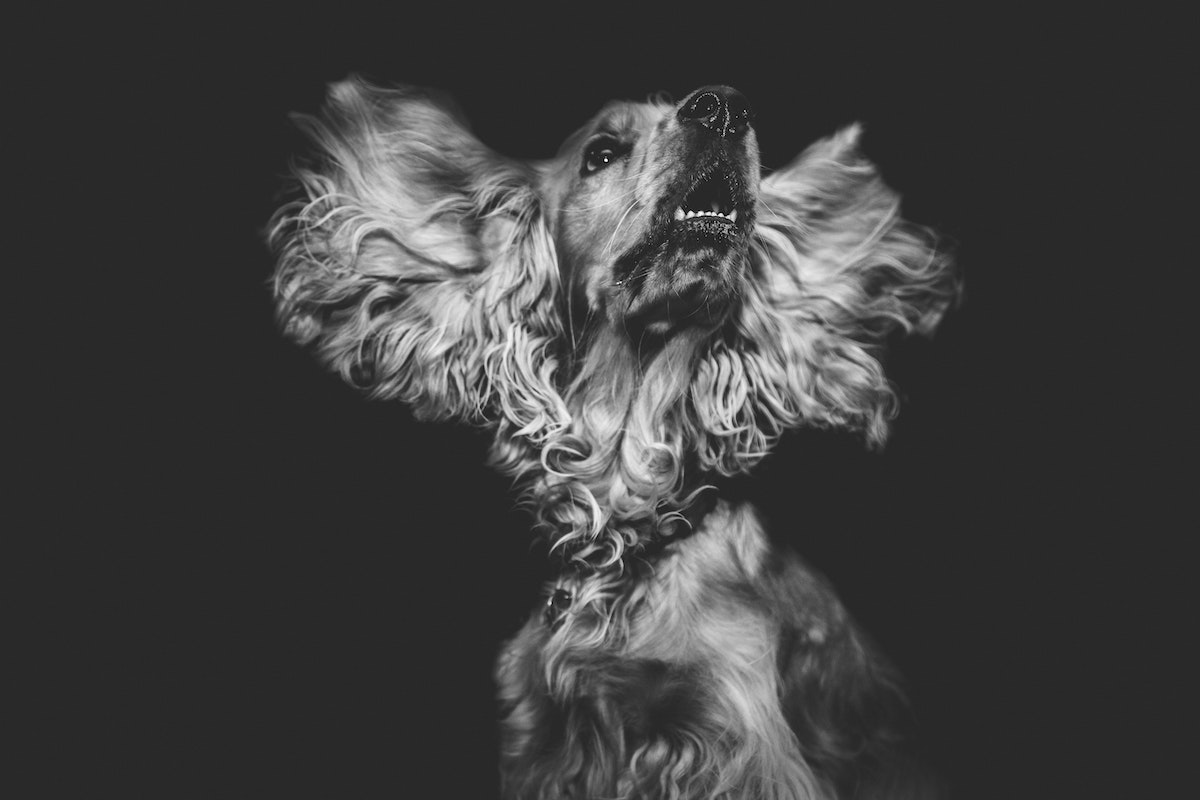4 Benefits Of Oatmeal Shampoo For Dogs To Reduce Itchy Skin
Oatmeal is a soothing ingredient used in dog shampoo for itchy skin
Oatmeal shampoo for dogs has many great health benefits that your precious pooch will love. Used as a natural skin soother, it can help ease irritation and reduce inflamed and itchy skin.
Whether your pup is scratching excessively or suffering from skin sensitivity (or both!), an all-natural oatmeal shampoo for dogs might be just what they need.

Here are 4 reasons why we love oatmeal shampoo for dogs
1. Relieves dry and itchy skin
Are you in need of dog shampoo for itchy skin because your furry friend just won’t stop scratching? Then be sure to look for one containing oatmeal – colloidal oatmeal, specifically.
Oatmeal comes in various forms, from the one we eat for breakfast to the one used widely in skincare. While rolled or steel oats are more likely to end up in our bellies, colloidal oatmeal is ground into a powder and used on our skin through health and beauty products.
The antioxidants and anti-inflammatory properties colloidal oatmeal contains make for a soothing solution to irritated skin and insect bites year-round. Whatever the cause for your dog’s incessant scratching, a natural shampoo containing colloidal oatmeal will work wonders to help ease their itch.
2. Soothes sensitive skin
If your pup has sensitive skin, it could be caused by any number of conditions or afflictions including dermatitis, fleas and allergies.
A common side effect of these sensitivities is dry, itchy and flaky skin. Oatmeal shampoo for dogs is the perfect remedy.
Regularly bathing your dog in oatmeal will help to ease irritation and significantly reduce inflammation and redness.
3. Hydrates and moisturises your dog’s skin
Colloidal oatmeal helps to keep your dog’s skin hydrated through the process of retaining and suspending water over the skin.
This slow-release method ensures that your dog’s skin will stay hydrated and moisturised for a longer period of time.
A natural skin moisturiser, oatmeal shampoo for dogs works best when blended with other natural, pet-friendly ingredients.
In our Houndztooth grooming range, our products are formulated with rich Australian Botanicals and other powerful, plant-based ingredients to ensure the best possible care for your pooch.
4. Cleans and softens your dog’s coat
Because oatmeal is a powerful ingredient with the ability to soothe scratching, ease itching, reduce inflammation and keep your pup’s skin hydrated, it’s no wonder that it also helps to clean and soften their coat.
Just like coconut oil is renowned for improving the health of human hair, oatmeal shampoo does the same thing for dogs. This rich, all-natural ingredient will nourish your furry friend’s coat, keeping it healthy and shiny.
Oatmeal shampoo for dogs is our go-to for itchy and sensitive skin
Because we care so much about our beloved pets, we created an entire range of all-natural oatmeal shampoo for dogs:
- Stella’s Blend No.2 Dog Shampoo For Problem Skin
- Charlie’s Blend No.3 Dog Shampoo With Oatmeal
- Frankie & Felix’s Blend No.5 Waterless Shampoo For Dogs & Cats With Oatmeal
And we have a couple of conditioning and deodorising sprays containing oatmeal, too:
- Stella’s Blend No.2 Conditioning Spray & Deodoriser
- Charlie’s Blend No.3 Conditioning Spray & Deodoriser With Oatmeal
The colloidal oatmeal in our beloved oatmeal shampoo range works with our other simple yet powerful ingredients to nourish and protect. Targeting problem prone skin to keeping the skin and coat soft and hydrated, colloidal oatmeal has the power to do it all.

